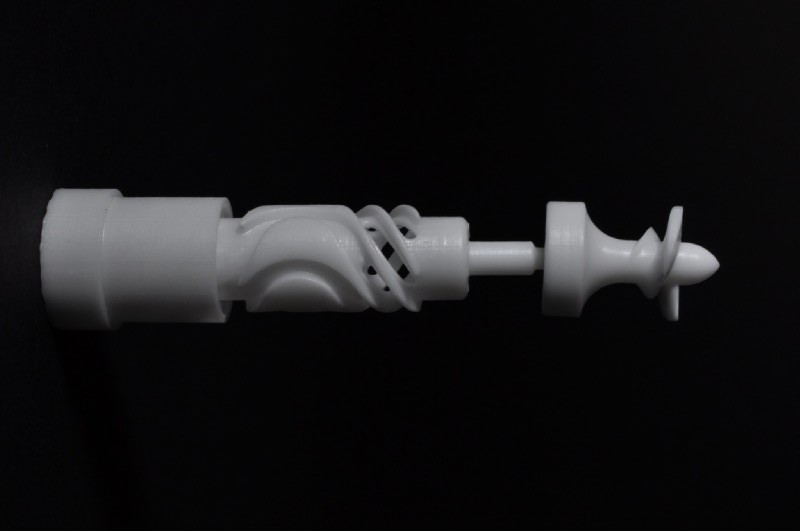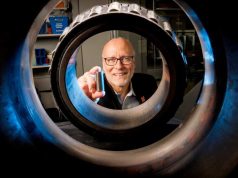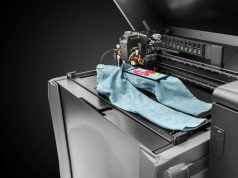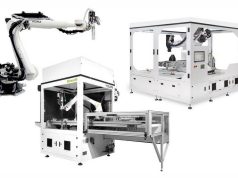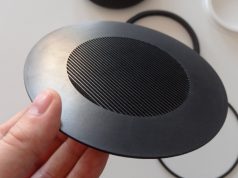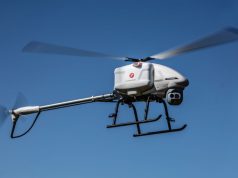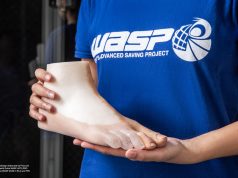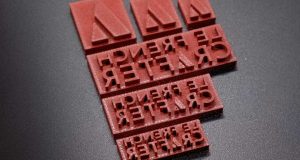Currently available heart pumps use an electrical power unit (stimulus) which leads to heat development causing possible damage of blood corpuscles.
Projekt Assistocor (TU Vienna, MedUni Vienna):
- Manufacturing of a mechanical heart pump with a helium gas power unit
- Hermetic decoupling of power unit and pump part
- Significant increase of pump capacity of the heart
- Temporary, (post-operative) pump assistance of the heart after surgery
- Combination with intra-aortal balloon pump for optimized blood supply of coronary vessels possible
Challenges:
- Small and highly complex geometric shapes only possible with huge effort
- Biocompatible materials with matching mechanical properties necessary
- High initial costs due to design variations during prototype production/phase
Solution:
- Production of complex components of the heart pump with LCM-technology by Lithoz
- Material: Aluminium oxide
Benefits:
- Small and highly complex geometric shapes can be easily manufactured with the CeraFab 7500
- Cost efficient prototyping through tool-free manufacturing in parallel production (more than 10 design variations)
- Aluminium oxide features good biocompatibility and suitable mechanical properties for complex and small parts
Summary of Ao. Professor Dr. Margit Gföhler:
“The 3D-Priniting technology for aluminium oxide developed by Lithoz enabled us to implement a cost-effective prototyping process for such a highly complex medical product. Aluminium oxide is a perfect fit for miniature parts due to its biocompatibility and mechanical properties.”
Subscribe to our Newsletter
3DPResso is a weekly newsletter that links to the most exciting global stories from the 3D printing and additive manufacturing industry.



